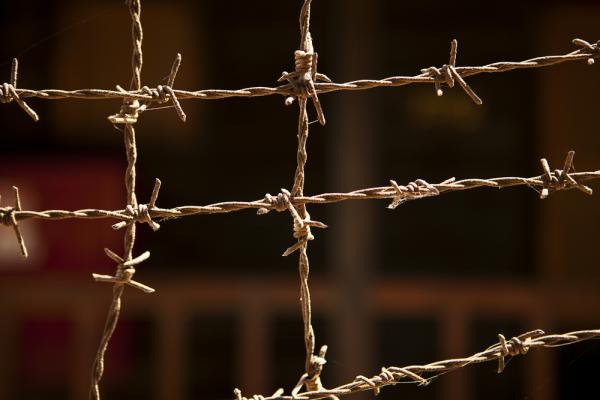Earlier this year, I toured the U.S. government’s family immigration detention center in Dilley, Texas with a delegation of Roman Catholic and Lutheran faith leaders. It was a difficult and deeply moving day. Family immigration detention centers incarcerate immigrant mothers and children, many of whom fled Central America for their lives. More than 90 percent of these families suffered sexual, domestic, or physical violence, had their lives threatened by gangs, or experienced similar traumas. These are not threats or abuses to be taken lightly. When migrants who suffer these threats are deported, they are often targeted and killed upon return to their home country.
Nevertheless, the United States welcomes these families seeking safety with incarceration. They are frequently jailed for months, with little knowledge of their term length or if they will be deported. In detention, as basic possessions as their shoelaces are taken away. Children often lose weight. Mothers and children are isolated for punishment; infants are baptized in an ad-hoc fashion. Currently, more than 1,000 mothers and children are detained in detention centers. The government is planning to expand this number to 3,700.
Read the Full Article

